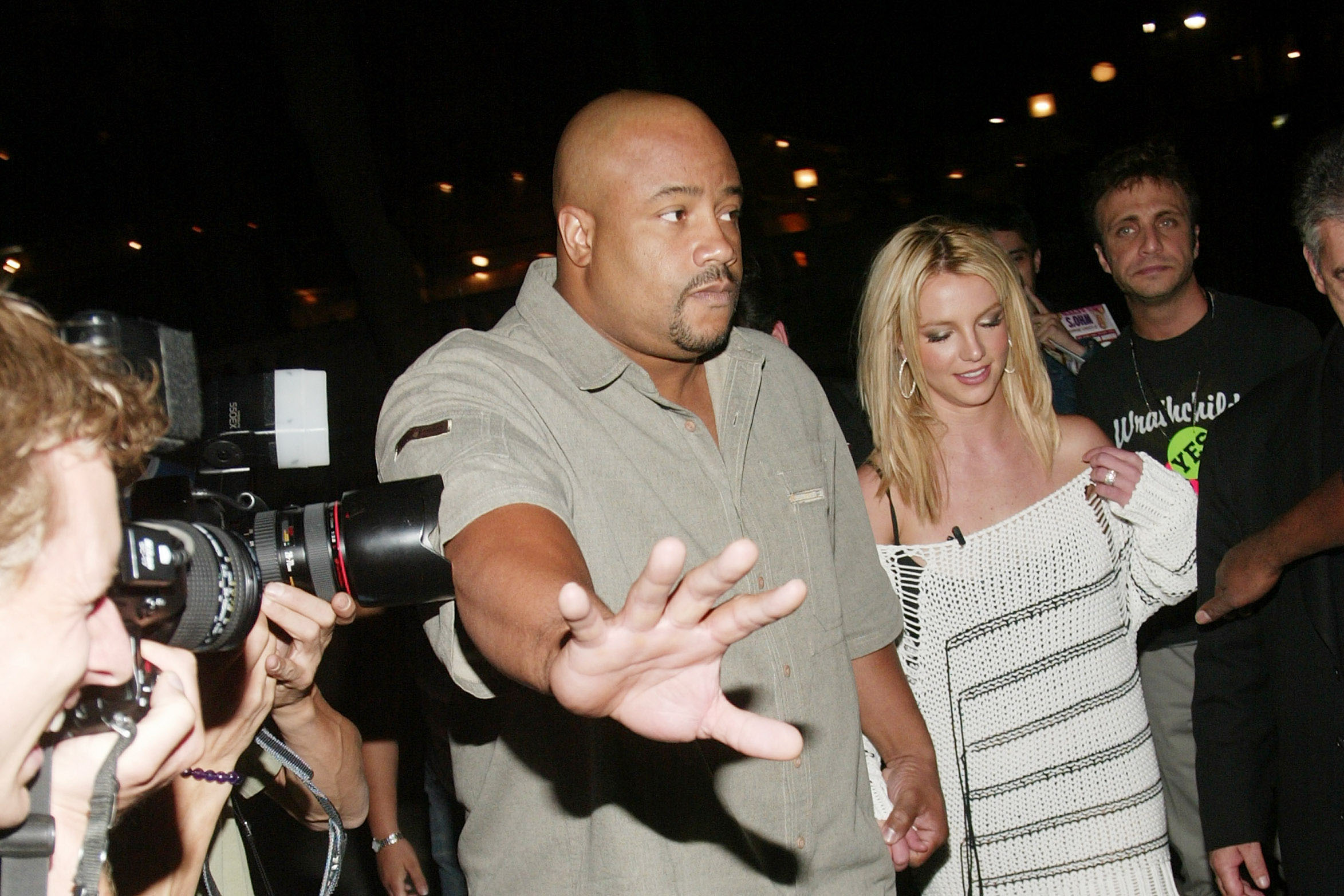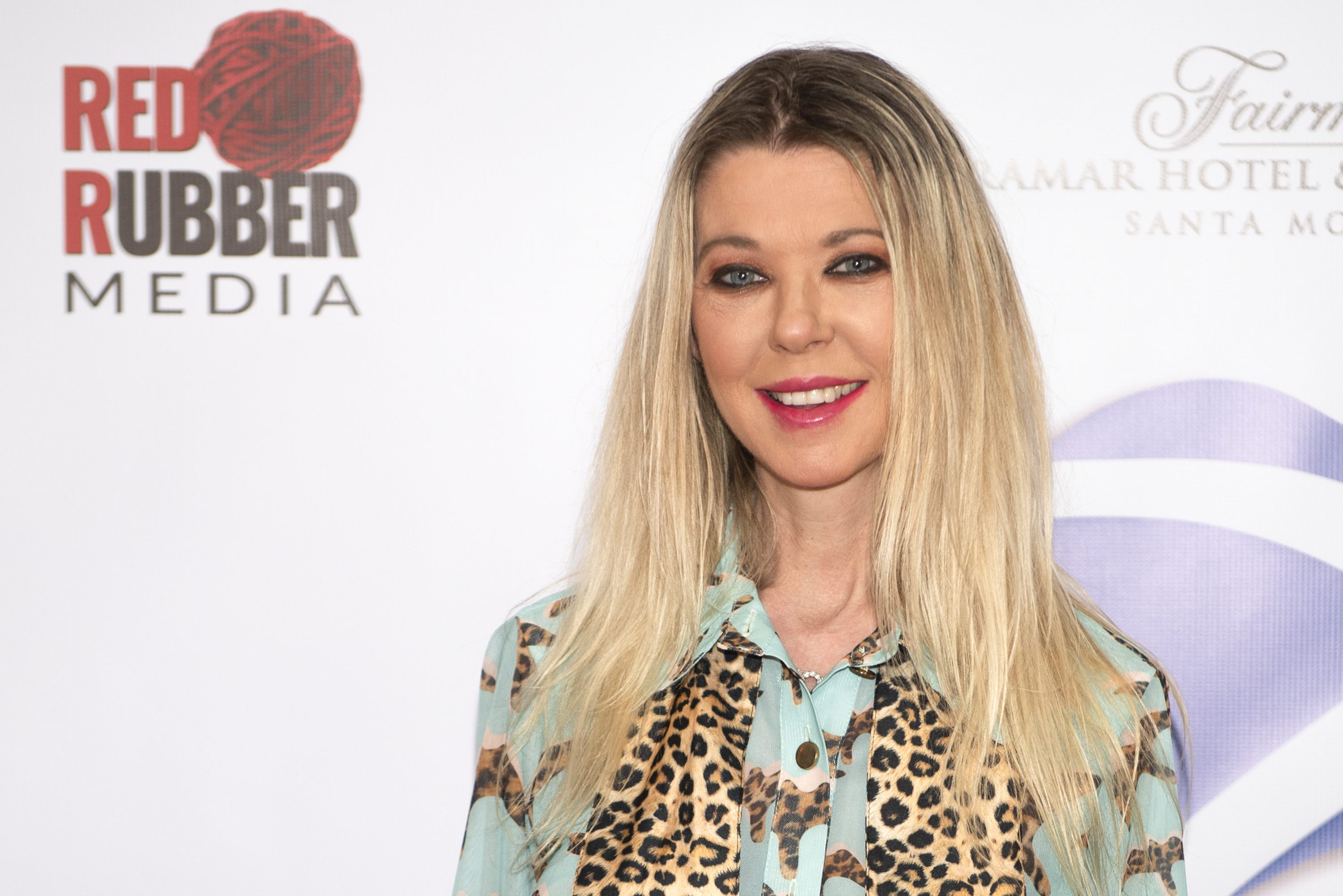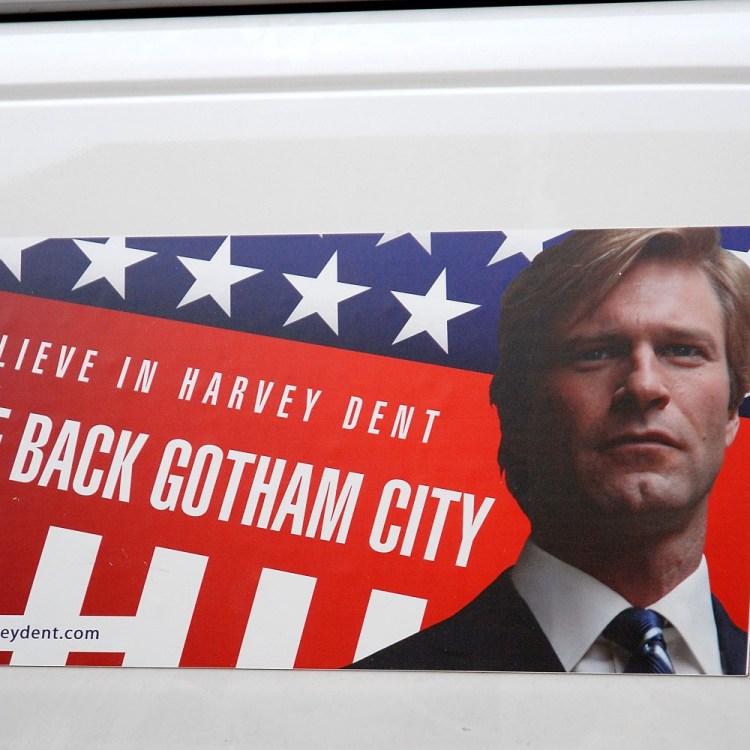On Sunday, actress Anne Heche was taken off of life support, passing away at the age of 53 nine days after she was involved in a horrific car crash and trapped in her burning vehicle for over an hour. It’s a tragedy that no one in their right mind would wish on anyone, but the conversations surrounding Heche’s legacy in the wake of her death have proved rather complicated.
For much of the ’90s and early 2000s — the height of her fame, when she starred in movies like Donnie Brasco, Volcano and Wag the Dog — Heche was scorned and depicted by the media as being “crazy.” Her very public breakup with Ellen DeGeneres in 2000 made her the target of biphobia as people unwilling to wrap their minds around her bisexuality accused her of “faking” her relationship with the comedian simply because she subsequently dated a man. And when she began behaving erratically and displaying signs of mental illness and addiction — struggles she spoke openly about even when such things were still stigmatized — she was mocked and shamed.
“‘You worked with crazy Anne Heche?’ ‘So how crazy was she?’ I worked with Anne Heche for two years on the TV show Men in Trees, and this line of questioning was usually the first out of people’s mouths,” her co-star Emily Bergl wrote in an Instagram post paying tribute to the late actress.
Bergl went on to call Heche a “genius” and praise her work ethic, noting she was one of “the most astoundingly focused and prepared actors I’ve ever worked with.” “We so rarely investigate the abuse, the gaslighting, the misogyny, the homophobia that drives people to finally take up the ‘crazy’ mantle that’s been placed upon them,” she added.
Heche’s former boyfriend James Tupper, who dated the actress for 10 years and has a son with her, commented on the post, writing, “Oh god thank you for writing this. Is all completely accurate and true. love you e.”
Bergl and Tupper should be able to grieve Heche in peace without feeling like they have to defend her. But unfortunately, as we’ve seen with so many other female celebrities from that era who also publicly battled mental illness and/or substance abuse (like, for example, Britney Spears), Heche spent the majority of her career being dragged through the mud by the press when she obviously needed compassion.
As she chronicled in her memoir Call Me Crazy — the winking title of which implies that even she realized she was being unfairly slapped with the label — Heche was a victim of incest, raped by her father (who she claims gave her genital herpes when she was an infant) from the time she was a baby to age 12. Instead of getting grace and understanding after that revelation, she was met with doubt and derision. That horrific childhood would be enough to drive anyone to substance abuse, and the fact that Heche was seen as anything other than someone who was trying her best to cope with unimaginable pain is unfathomable. The fact that she was unable to get the help (and the sympathy) she deserved before her addiction ultimately killed her is tragic.
Here’s hoping her death will at least inspire us all to be a little more empathetic towards those struggling in the public eye.
Thanks for reading InsideHook. Sign up for our daily newsletter and be in the know.

















